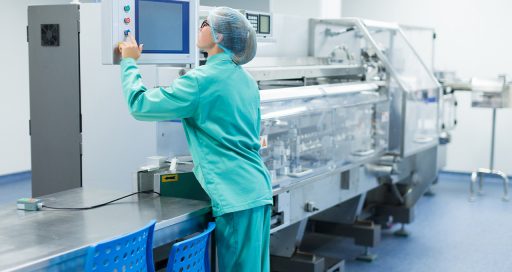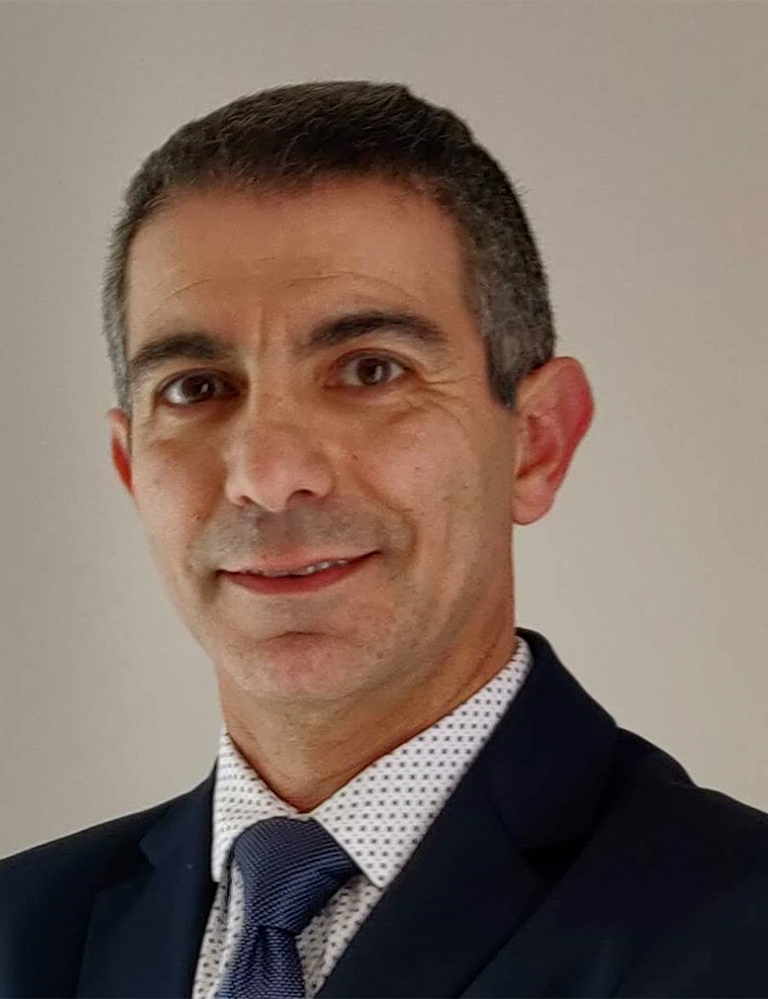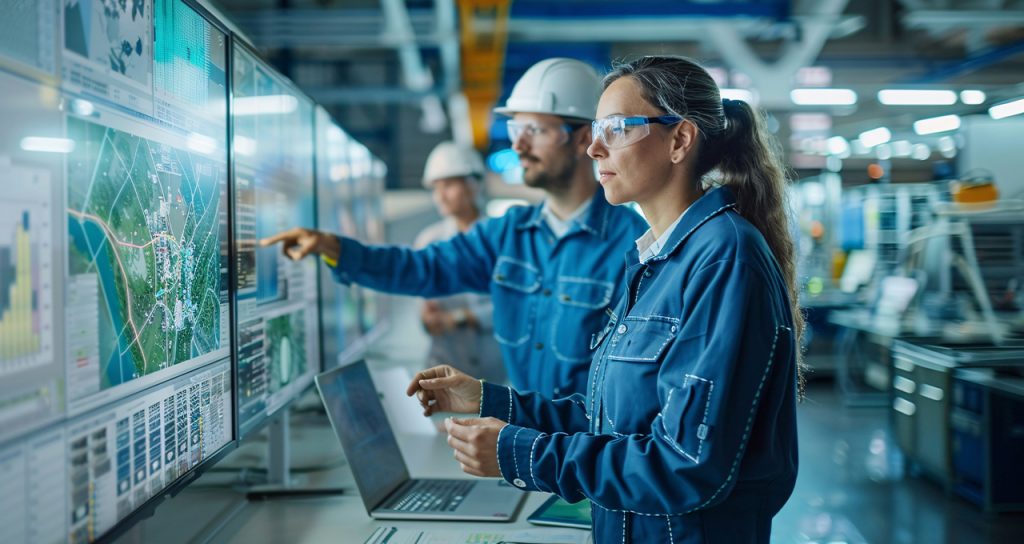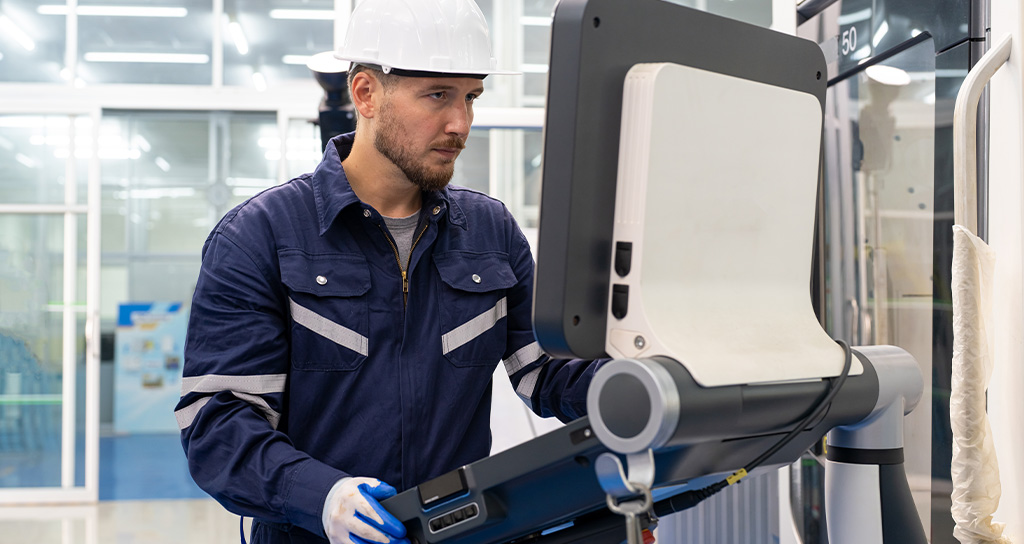The Covid-19 crisis revealed the structural failings of an entire industrial system and France’s pharmaceutical dependency. To regain sovereignty will require a number of economic and technological choices.

On 13 June 2023, the President of the Republic, Emmanuel Macron, announced that the production chains for some 50 medicines deemed “critical” would be re-established within France. The Covid-19 crisis came and went, revealing in passing the structural failings of an entire industrial system and our country’s pharmaceutical dependency on third-party economic powers including China and India.
The facts are clear: imports account for 60 to 80% of the market for so-called mature medicines (antibiotics, anaesthetic products, etc.), a number that soars to 95% for biopharmaceuticals. Of close to 500 new drugs introduced to the market in Europe since 2017, only around 40 are manufactured in France.
The healthcare sector is a strategic priority in the battle for France’s industrial sovereignty. But getting back into contention involves a number of economic and technological choices. To become a leading nation in European healthcare, France must become more competitive, and its manufacturers must focus on the operational performance of their production chains. Automation and robotics are key allies in this campaign.
Restrictive environments
Requiring manufacturers to adhere to strict safety standards and the validation metrics imposed by health authorities is a prerequisite for any attempt to optimise industrial processes at very high levels of quality. White rooms in particular require proven expertise to ensure absolutely clean environments, a reliable ultra-cold chain, and flawless site and facility safety regimes. Advanced expertise in technologies such as access control monitoring, alarm systems, and air filtration and controlled atmosphere systems is critical in allowing these cutting-edge production facilities to operate.
Of 500 new drugs introduced to the market in Europe since 2017, only around 40 are manufactured in France.
The healthcare industry imposes special conditions on the design of assembly lines and robots: machines free of places that could retain water or cleaning products; no mechanical movement permitted above the end product; mechanisms surrounded by laminar flow hoods; etc.
Supporting the entire value chain
All this equipment is expensive. But the returns on investment come within three or four years. The speed of these time-to-profitability cycles is particularly important given that health product manufacturers are subject to an intense pace of innovation and regulation that means they frequently have to modify their production lines.
Across the entire industrial value chain, from consulting to maintenance via the design and construction of facilities, VINCI Energies business units have built up recognised expertise. We are expert in the machines, equipment and systems involved. Our assembly machines are custom-manufactured to our customer’s specifications. We stand ready to provide 360-degree support to help them improve their performance and regain our industrial sovereignty.
12/15/2023




